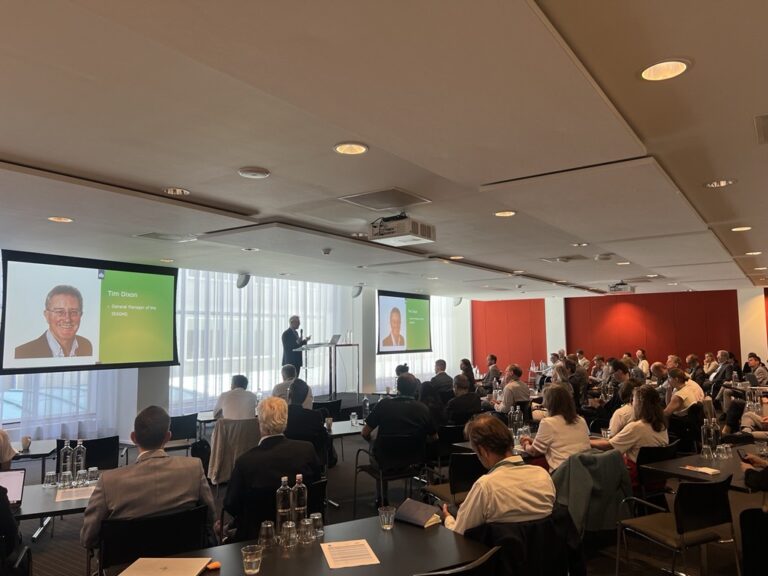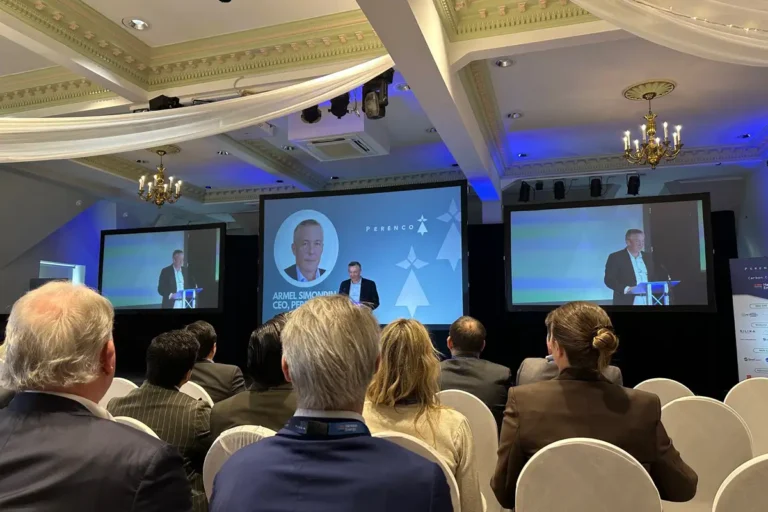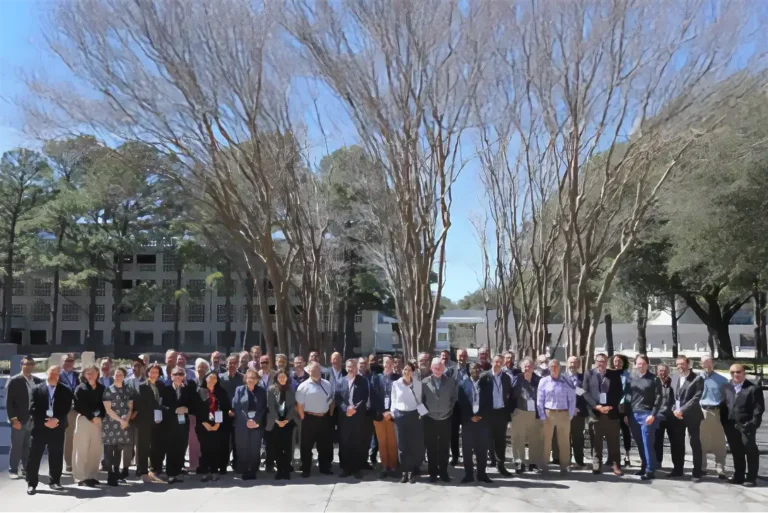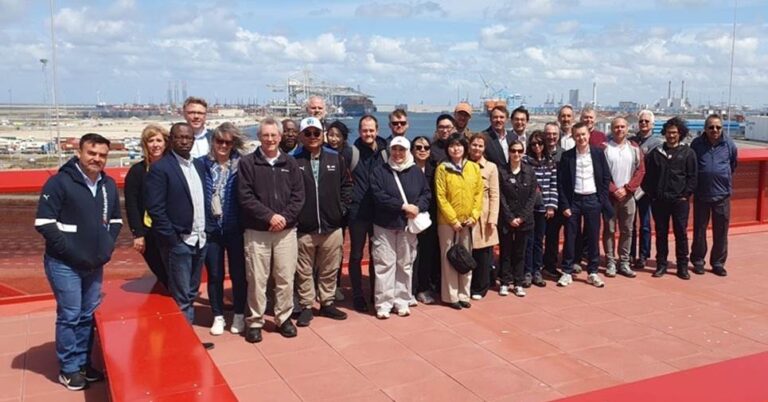
PCCC5: 5th Post Combustion Capture Conference
27 September 2019
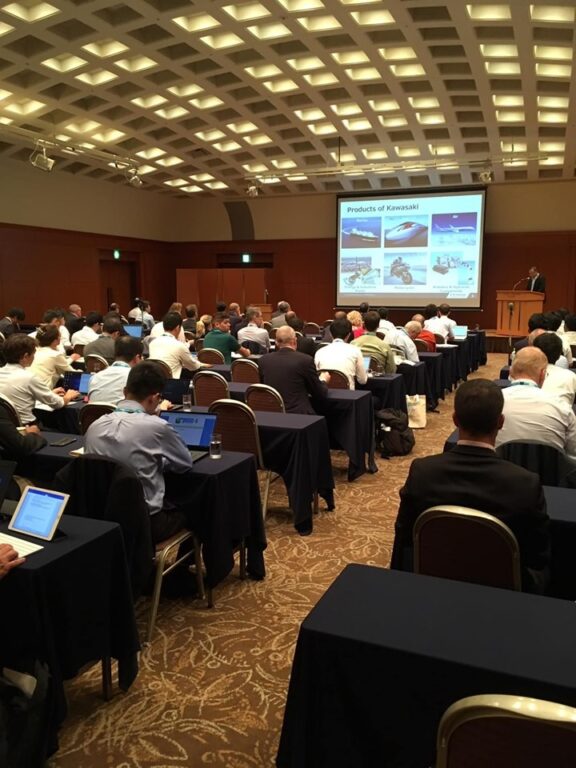
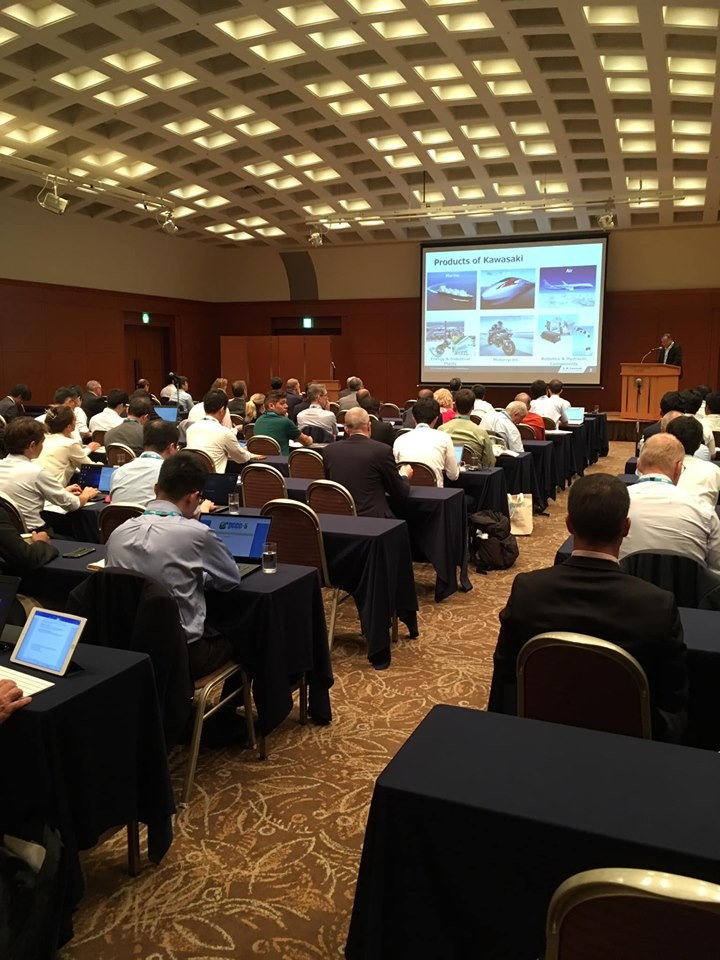
It is with very high enthusiasm that we have delivered the 5th Post-Combustion-Capture-Conference (PCCC5). It took place last week in Kyoto (Japan), from the 17th to the 20th of September, including two site visits to Kawasaki (KHI) and Nanko Power station.
PCCC-5 was a great opportunity to interact with the main stakeholders in Carbon Capture and to know more about emerging technologies, demonstration projects, and policies. In this regard, compared to PCCC4 (see https://ieaghg.org/conferences/pccc?id=762:pccc4&catid=52:pccc), I noticed a higher contribution from industry. However, deployment is still the main need in the future of CCUS.
I was lucky to chair two sessions on PCCC-5: “Cost Assessments” and “Environmental assessments/applications”. Firstly, in regard to the “Cost Assessments” session, there was a strong connection between IEAGHG activities and this session (for more information, for example, see https://ieaghg.org/networks/costs-network ). I am very lucky to be involved in two of the five studies presented in this session, one based on a collaborative work with several organisations, promoting the transparency of cost assessments on CCUS studies, and the other one based on our study on emerging carbon capture technologies and their potential to reduce costs. During the session, I was honoured to introduce the speakers from SINTEF, CSIRO, and US DOE-NETL, who discussed cost methodologies and uncertainties, modularization, and impact of emerging technologies and sectors in cost assessments.
Secondly, in regard to the “Environmental assessments/applications”, it was noticeable the involvement of industries. We were lucky to see the contributions from Mitsubishi, Toshiba, and Kansai, covering tests at large scale, while the Federation University of Australia focused on pilot campaigns on degradation and use of Fly Ash. The main message is that, although there is some concern on emissions of post-combustion systems, those can be mitigated.
The key messages I would extract from PCCC5 are:
- There are great advances on Post-Combustion-Capture systems. As innovative systems, it is important to continue investigating and bringing new solutions to the market while mature systems are tested at large scale and at different conditions or for different applications. Transparency is key on the communication of those advances.
- Not only new components are important, but the integration at process level, for example, through new configurations, is key. We have seen significant reductions on energy consumption by the implementation of advanced configurations. As in the previous point, it is important to communicate the message transparently.
- Deployment is still needed. In this regard, the keynotes from Lynn Brickett (US-DOE) and Takashi Honjo (RITE) were meaningful. Although deployment is increasing and some policies are supportive, the trend has not been as good as expected.
- Collaboration is key. In PCCC-5, we have seen it through all projects and initiatives presented, but also in the messages from Kazuo Fueta (METI) and Frank Norton (NCCC). Sharing experience is essential for the transfer of learnings and ultimately for a faster deployment.
Carbon Capture is one of the crucial tools to decarbonise the power and industrial sectors. It is technically feasible, and post-combustion technologies are the most advanced systems. Bigger efforts are needed, but the awareness is growing, while key initiatives will impact on the future CCUS.
I would like to thank all the attendees for their contributions and fruitful discussions. I would also thank the PCCC-5 steering committee and RITE for their help, and the sponsors for their support. I look forward to seeing you all soon in the next PCCC-6 which will take place in two years. In the meantime, the PCCC-5 presentations will be available on our website soon, and I hope to see you all in GHGT-15 (see more in https://ghgt.info/).
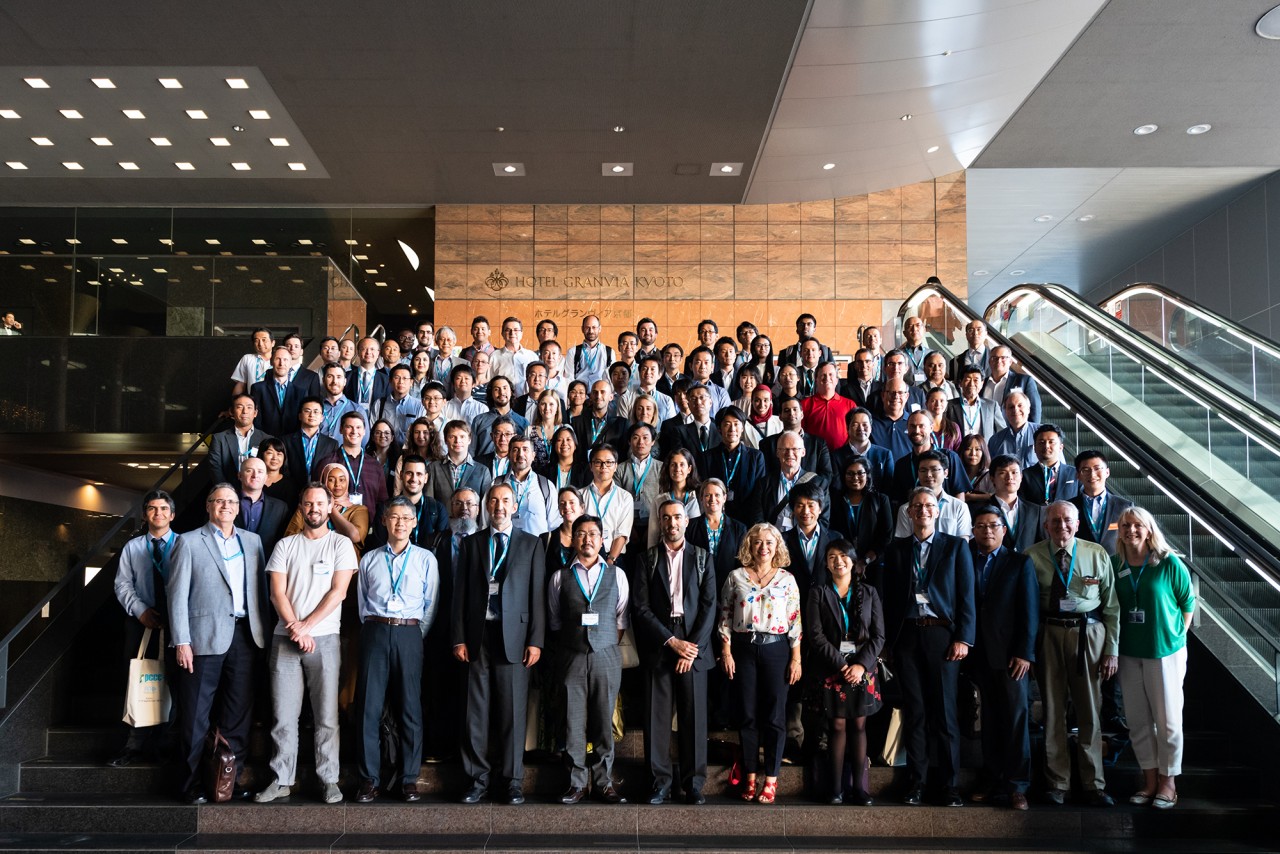
Other articles you might be interested in
Get the latest CCS news and insights
Get essential news and updates from the CCS sector and the IEAGHG by email.
Can’t find what you are looking for?
Whatever you would like to know, our dedicated team of experts is here to help you. Just drop us an email and we will get back to you as soon as we can.
Contact Us NowOther articles you might be interested in
Get the latest CCS news and insights
Get essential news and updates from the CCS sector and the IEAGHG by email.
Can't find what you are looking for?
Whatever you would like to know, our dedicated team of experts is here to help you. Just drop us an email and we will get back to you as soon as we can.
Contact Us Now


